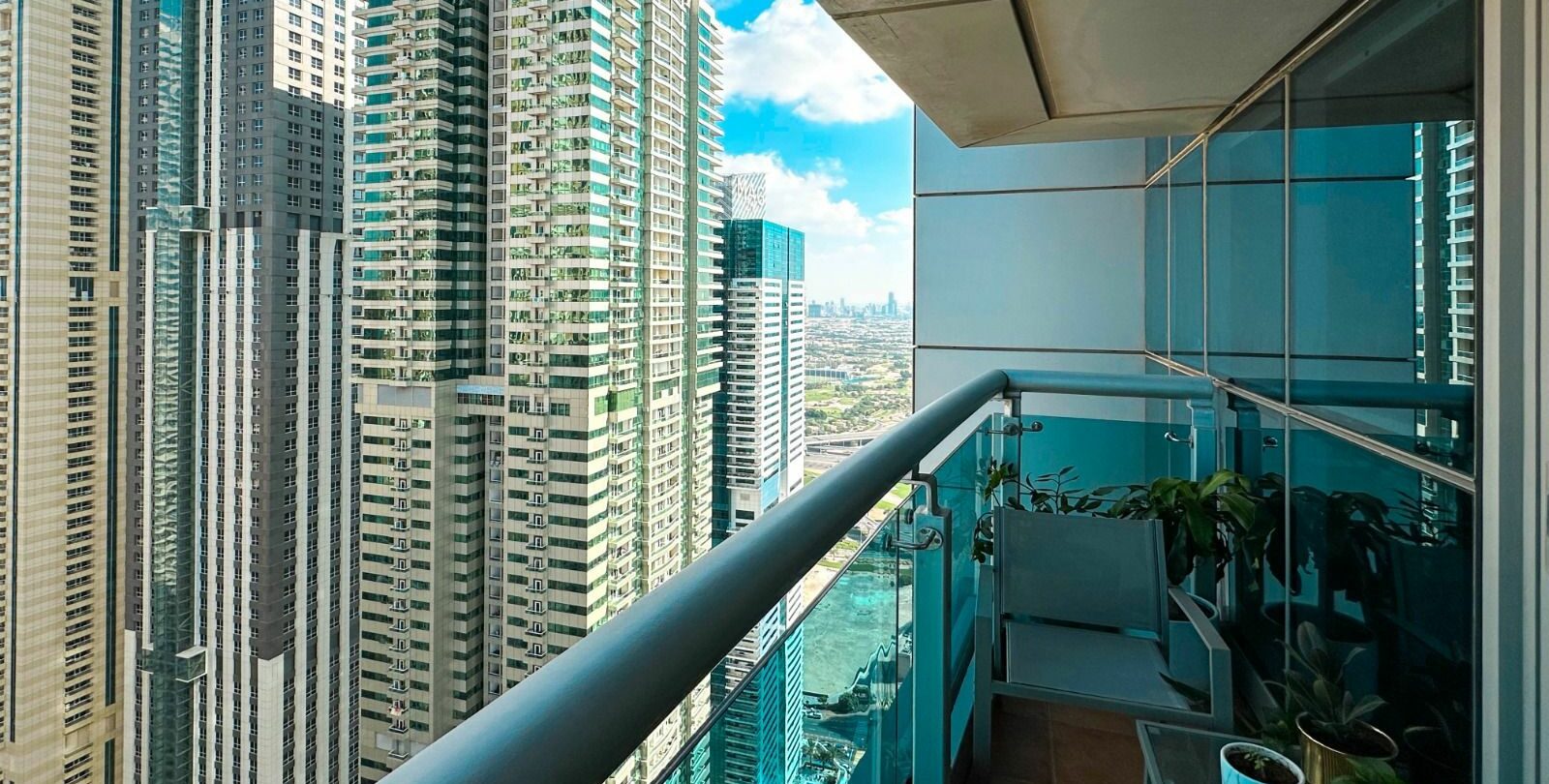Essential Tips for Renting an Apartment in the UAE
Renting an apartment in the UAE can be an exciting yet complex process, especially for newcomers or expats navigating the dynamic real estate markets of cities like Dubai, Abu Dhabi, and Sharjah. With unique regulations, cultural nuances, and financial considerations, being well-prepared is key to securing the right home. Below are essential tips to guide you through the process of renting an apartment in the UAE, ensuring a smooth and cost-effective experience.
Understand the UAE Rental Market
The UAE’s rental market varies across emirates. Dubai offers vibrant, high-end apartments in areas like Downtown or budget-friendly options in Deira. Abu Dhabi has family-oriented communities like Al Reem Island, while Sharjah and Ajman provide more affordable rentals. Research rental trends using platforms like Property Finder or Bayut to understand average prices in your desired area. For example, a one-bedroom apartment in Dubai Marina might cost AED 80,000–120,000 annually, while similar units in Sharjah could range from AED 25,000–40,000 (as of 2025).
Set a Realistic Budget
Before starting your search, determine your budget, factoring in rent and additional costs:
- Rent: Decide if you’ll pay annually (common in the UAE) or negotiate monthly payments, which some landlords allow with a premium.
- Utilities: Budget for DEWA (Dubai) or ADDC (Abu Dhabi) bills, which include electricity, water, and cooling charges. Expect AED 500–1,500 monthly, depending on usage.
- Agency fees: Real estate agents typically charge 5% of the annual rent.
- Security deposit: Usually 5% of the annual rent, refundable at the end of the tenancy if no damages occur.
- Maintenance fees: Check if these are included in the rent or paid separately.
Aim to keep rent below 30% of your income to maintain financial flexibility.
Choose the Right Location
Location is critical in the UAE due to traffic and lifestyle differences. Consider:
- Proximity to work or school: Areas like Business Bay in Dubai or Khalifa City in Abu Dhabi are ideal for commuters.
- Amenities: Look for apartments near supermarkets, gyms, or public transport (e.g., Dubai Metro or Abu Dhabi buses).
- Community vibe: Family-friendly areas like Al Barsha (Dubai) or Al Nahda (Sharjah) offer quieter environments, while Downtown Dubai suits young professionals seeking a lively atmosphere.
- Future development: Check for upcoming construction, as it may affect noise levels or property value.
Research the Landlord and Property
Before signing a lease, verify the landlord and property details:
- Landlord credibility: Ensure the landlord is registered with the relevant authority, such as RERA in Dubai or TAMM in Abu Dhabi.
- Property condition: Inspect the apartment for issues like leaks, AC functionality, or pest problems. Test appliances and check for proper maintenance.
- Building facilities: Confirm access to promised amenities like parking, pools, or gyms, and clarify maintenance responsibilities.
Understand the Ejari Contract
The Ejari system, mandatory in Dubai and increasingly used across the UAE, standardizes tenancy contracts. Key points to know:
- What is Ejari?: A government-regulated system that registers your lease, protecting both tenant and landlord.
- Required documents: Passport, visa, Emirates ID, and a copy of the landlord’s title deed. The landlord or agent typically handles registration for a small fee (around AED 200–500).
- Contract terms: Review the lease duration (usually one year), renewal conditions, and notice periods (typically 60–90 days). Ensure clarity on who covers repairs or maintenance.
Negotiate the Rent
Rent prices in the UAE are often negotiable, especially in competitive markets. Tips for negotiation:
- Research comparable properties: Use platforms like Dubizzle to show landlords similar apartments at lower rates.
- Ask for perks: Request free parking, included maintenance, or a grace period for the first payment.
- Multiple cheques: Instead of one annual cheque, ask for 4–6 cheques to spread payments, though this may increase the rent slightly.
- Timing matters: Landlords may offer better deals during off-peak seasons (e.g., summer months).
Check for Hidden Costs
Hidden costs can add up quickly. Be proactive:
- Chiller fees: In buildings with district cooling, these fees (AED 500–2,000 annually) may not be included in the rent.
- Parking fees: Some buildings charge separately for additional parking spaces.
- Internet and TV: Confirm if these are pre-installed or require separate contracts with providers like Etisalat or Du.
- Move-in costs: Budget for movers (AED 500–2,000) and initial furnishings if the apartment is unfurnished.
Know Your Rights as a Tenant
UAE tenancy laws protect tenants, but regulations vary by emirate:
- Rent increases: In Dubai, rent hikes are regulated by RERA’s Rent Calculator. Landlords must provide 90 days’ notice for increases.
- Eviction: Landlords can only evict with valid reasons (e.g., selling the property) and must give 12 months’ notice in Dubai.
- Repairs: Landlords are responsible for major repairs (e.g., plumbing, AC), while tenants handle minor maintenance unless stated otherwise.
Contact the Dubai Land Department or Abu Dhabi Municipality for disputes or clarification.
Use a Reputable Agent
While not mandatory, a licensed real estate agent can simplify the process:
- Choose RERA-registered agents: Verify credentials via the Dubai Land Department or similar authorities.
- Clarify fees: Agree on the agent’s commission upfront (typically 5% of annual rent).
- Ask for guidance: Agents can help with Ejari registration, document collection, and negotiations.
Finalize the Move
Once you’ve chosen an apartment:
- Sign the contract: Review all terms carefully before signing. Keep a copy of the Ejari-registered contract.
- Set up utilities: Register with DEWA, ADDC, or SEWA (Sharjah) for electricity, water, and cooling. This requires your Emirates ID and Ejari contract.
- Inspect on move-in: Document the apartment’s condition with photos to avoid disputes over the security deposit later.
- Get insured: Consider tenant insurance for personal belongings, especially in high-value apartments.
Final Thoughts
Renting an apartment in the UAE requires careful planning, but with the right approach, you can find a home that suits your lifestyle and budget. Research thoroughly, negotiate smartly, and stay informed about your rights to ensure a hassle-free experience. Whether you’re settling in Dubai’s bustling skyline or Sharjah’s serene suburbs, these tips will help you navigate the UAE’s rental market like a pro.
The UAE summer is no joke—temperatures can soar above 45°C, and the humidity can make it feel even hotter. Here are eight practical and trendy tips to help you beat the heat and thrive during the UAE’s scorching summer months.
 The Future of Remote Work: Setting Up a Productive Home Office in the UAE
The Future of Remote Work: Setting Up a Productive Home Office in the UAE
As remote work continues to redefine professional life globally, the UAE is embracing this trend with enthusiasm, positioning itself as a hub for flexible work arrangements.




